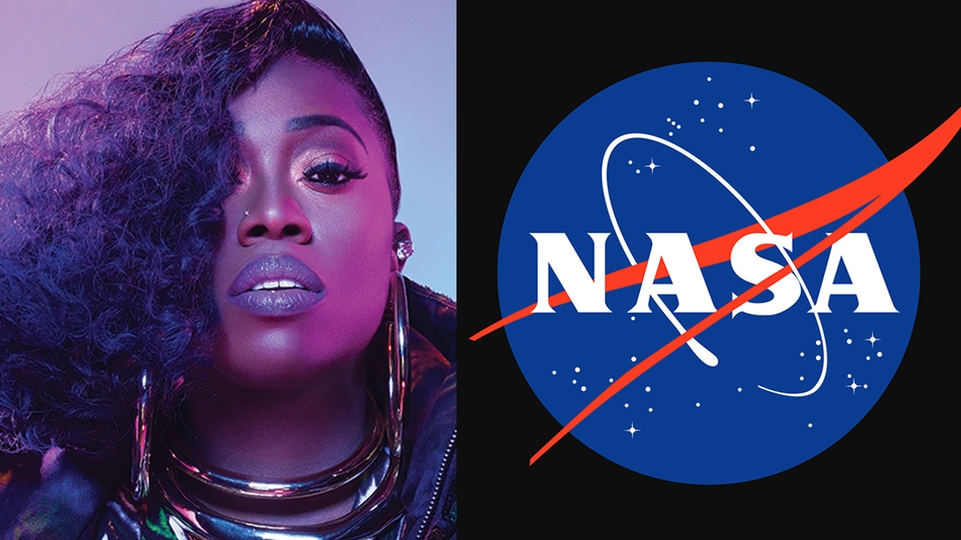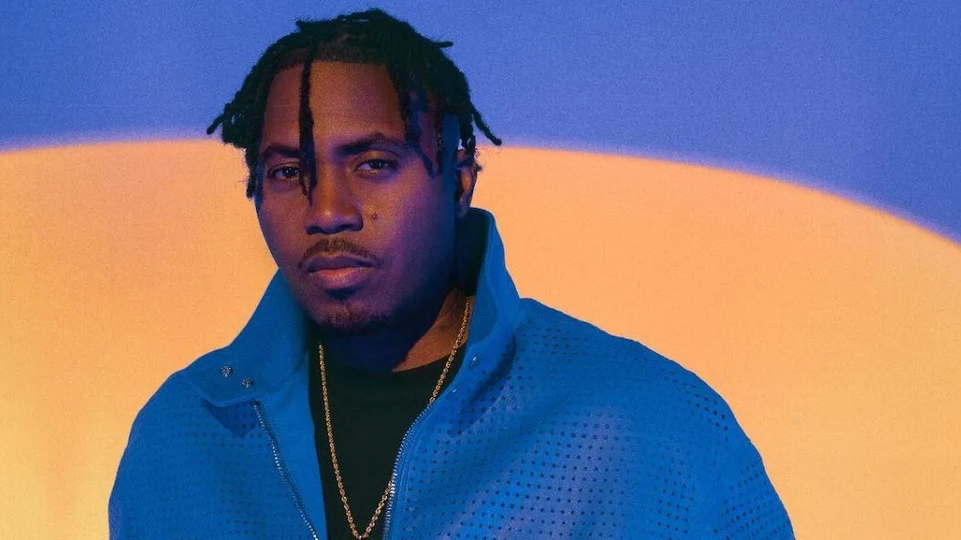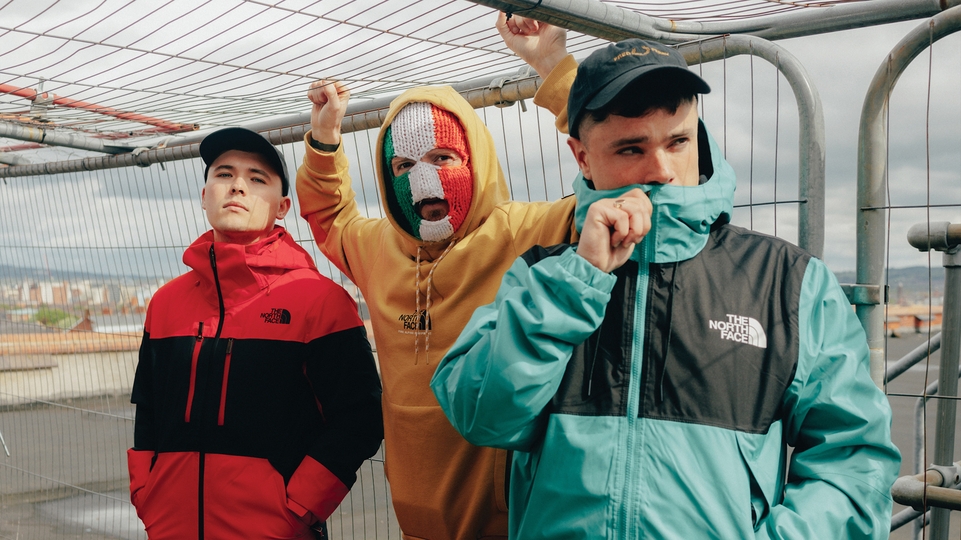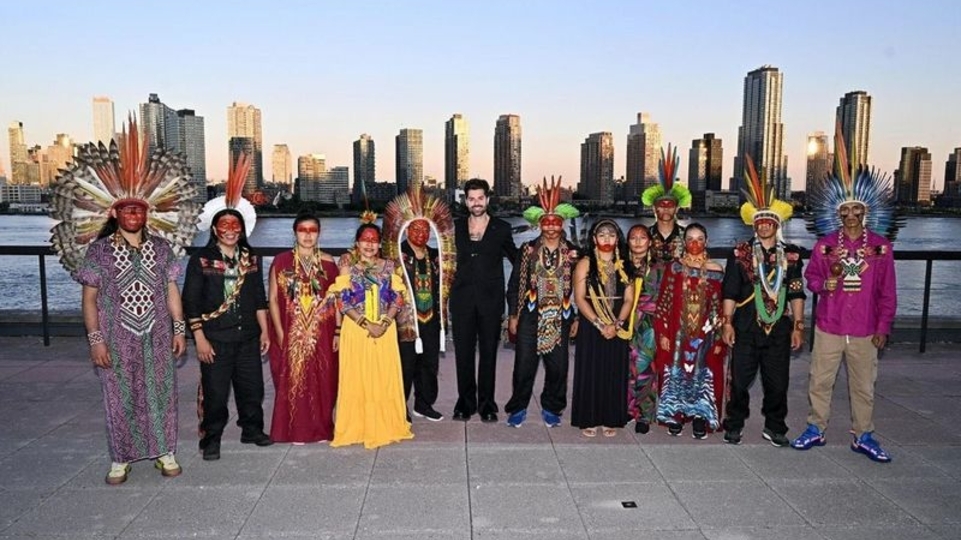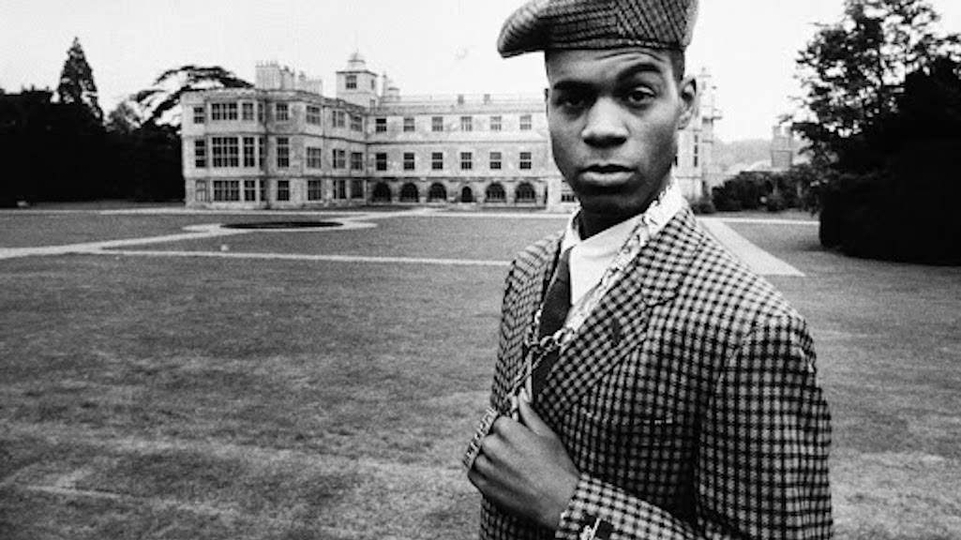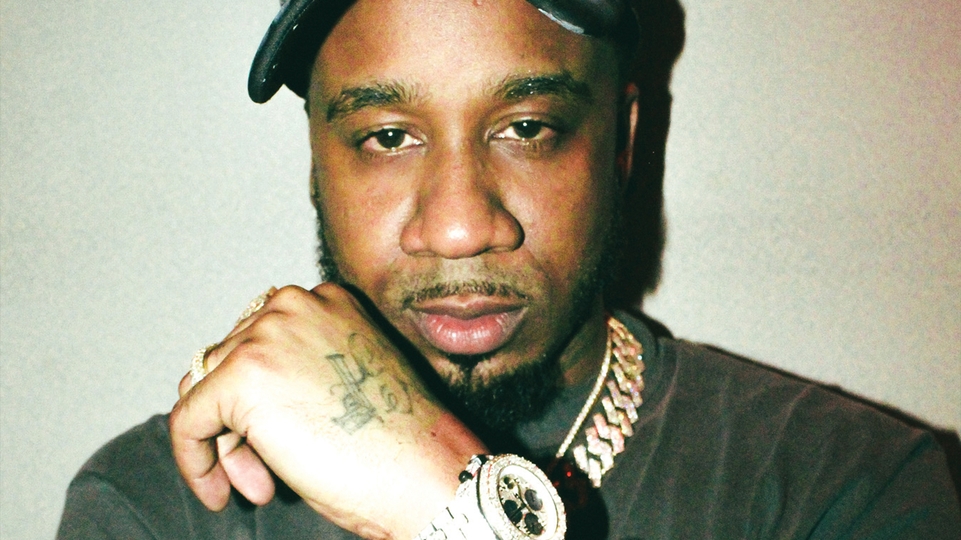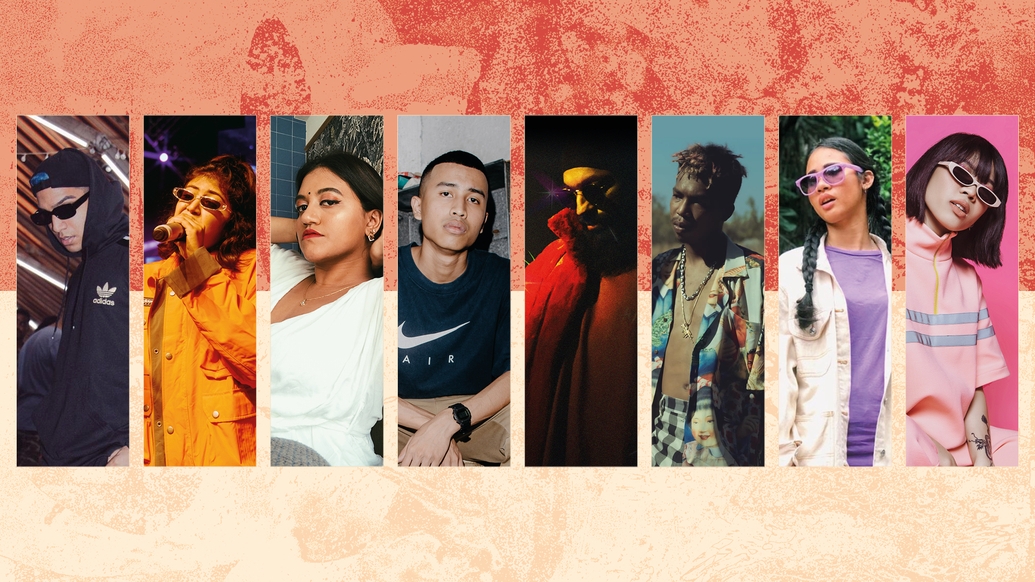
Meet the MCs shaping South-East Asian hip-hop
Across South-East Asia, a new generation of rappers is emerging. Drawing on the explosion of US trap and contemporary hip-hop sonics, and creating new flows and wordplay out of their native languages, these artists are shaping new, often hyper-localised styles of rap, and bringing stories of racism, politics, gender, and poverty into the spotlight. Here, DJ Mag highlights the key artists breaking through, from rugged Thai street rap to slick Indonesian trap.
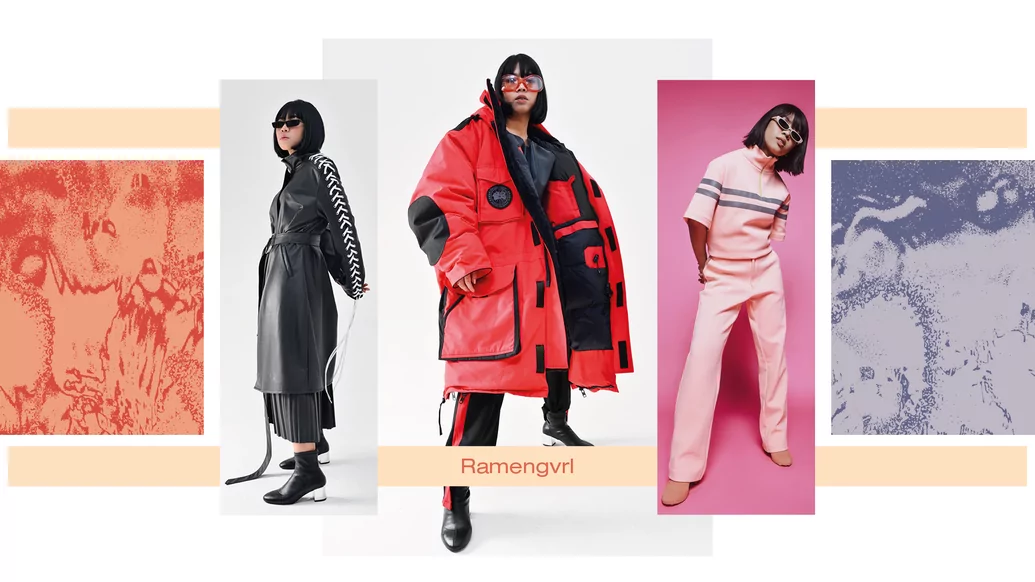

Indonesian rapper and producer Ramengvrl makes trap music with a twist. Her skeletal beats feel alive, somehow: squishing, chiming, and bouncing around, as her staccato rhymes grab at them. Her debut 10-track mixtape, ‘no bethany’, shows off her knack for playfulness, at turns goofy and serious in the same 16 bars.
Ramengvrl’s hooks are catchy, but she’s stone-cold serious with them, too: using her lyrics to challenge the status quo and take shots at a patriarchal, sexist music industry. In countries like Indonesia, musicians can easily go international by crafting formulaic pop songs sung in English. For Ramengvrl, it comes from a postcolonial mentality that influences what’s considered necessary in order to break into the US and European industries. She wants to see that change.
“I feel like a lot of rappers in the scene are too focused on what’s happening out there, with Migos, Travis Scott, Playboi Carti,” she tells DJ Mag. “A lot of us are trying to copy that, and it’s not easy to get out of that tendency because they’re blowin’ up everywhere.” Though she may be one of the country’s rising stars, and a unique reference point when it comes to South-East Asian rap, she doesn’t want to be pigeonholed.
“I feel like each one of us is collectively trying to make it out there... to show the world outside Asia that we’re dope too!” she says. “It’s not easy for Asian rappers to ‘make it’, especially in Indonesia, where hip-hop culture is still in its premature state. Slowly but surely, I wanna prove that I can make it while — alongside other dope rappers in the region — shifting the attention to Asia more. It just so happens that I’m a female, too, so the importance is amplified. Even now, I feel like hip-hop itself is shifting more and more to Asia. It’s time.”
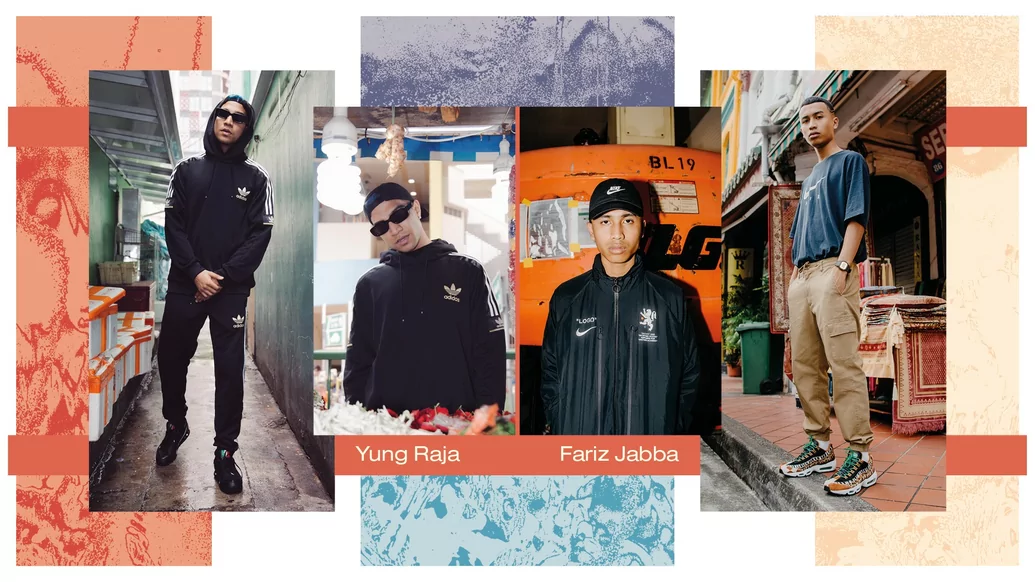
With their cropped, dyed hair and charming personalities, Singaporean rappers Yung Raja and Fariz Jabba could be mistaken for a duo. Although they work as solo artists, they’re so sonically and aesthetically related that for their early, viral hits, they both remixed Lil Pump’s ‘Gucci Gang’. On Yung Raja’s version of the song, ‘Poori Gang’, he raps in Tamil and English about South Indian cuisine — toeing the line between boastful and hilarious, with a wacky sense of confidence.
A first-generation Singaporean — his family are from the southern Indian state of Tamil Nadu — Raja’s debut single ‘Mustafa’ got him so much attention at home that it became his jumping off point to play internationally. Its infectious hook, “Call Me Young Mustafa / Brown Superstar,” is sung in English, which separates him stylistically from Fariz Jabba, who raps mostly in Malay.
Jabba is the younger brother of Singaporean comedian Fakkah Fuzz, but Jabba has already overshot his brother in terms of hometown popularity. Where Raja’s work is catchier, polished, and more bass-heavy, Jabba’s music sounds like its potential hasn’t been fully unlocked; he sings and raps on his tracks, which arguably sound like some of the most interesting contemporary electronic music in the region. If any current artists from Singapore are to gain international attention, Yung Raja and Fariz Jabba could well be the ones in 2020.
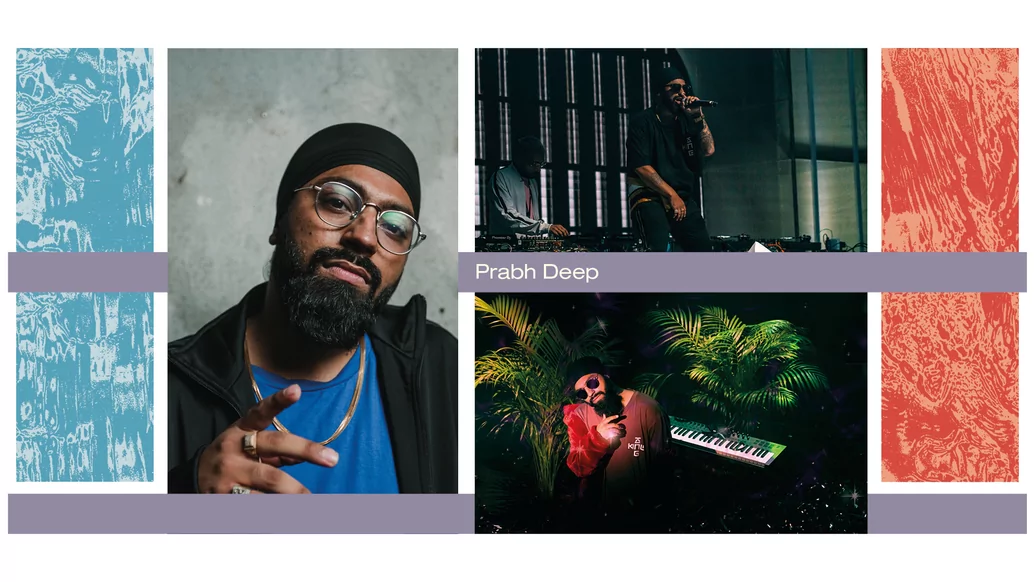

The 1984 riots in India that followed the death of Indira Gandhi, the then-Prime Minister of India, left a scar on the country’s conscience. After ordering the Indian Army to storm the Golden Temple, the holiest of sites for Sikhs, Gandhi was killed by her two Sikh bodyguards. In retribution for her assassination, thousands of Sikhs were killed, most notably in New Delhi.
Prabh Deep is the son of survivors. He was born and raised in Tilak Nagar, West Delhi; an area comprised mostly of internally displaced Sikhs. A lower-income neighbourhood, it’s also close to the city’s largest prison complex. Growing up, Prabh lost friends to drug addiction and crime while seeing income inequality grow in the city.
An outspoken rapper, he’s condemned numerous politicians and is in opposition to the current Indian government. In 2017, Prabh took his life’s story and turned it into his culture-shifting debut album, ‘Class-Sikh’. Since then, he’s been riding a wave of success at home.
Though tracks like ‘G Maane’ and ‘Suno’ may ooze confidence and swagger, teetering on braggadocio, within them are socially conscious rhymes; rapping in Punjabi about drug abuse, right-wing Hinduism, and self-doubt. After the success of ‘Class-Sikh’, he released an EP in 2019, ‘K I N G’, which takes a more laid-back approach, and details all that matters to him right now: family, sleep, work and death.
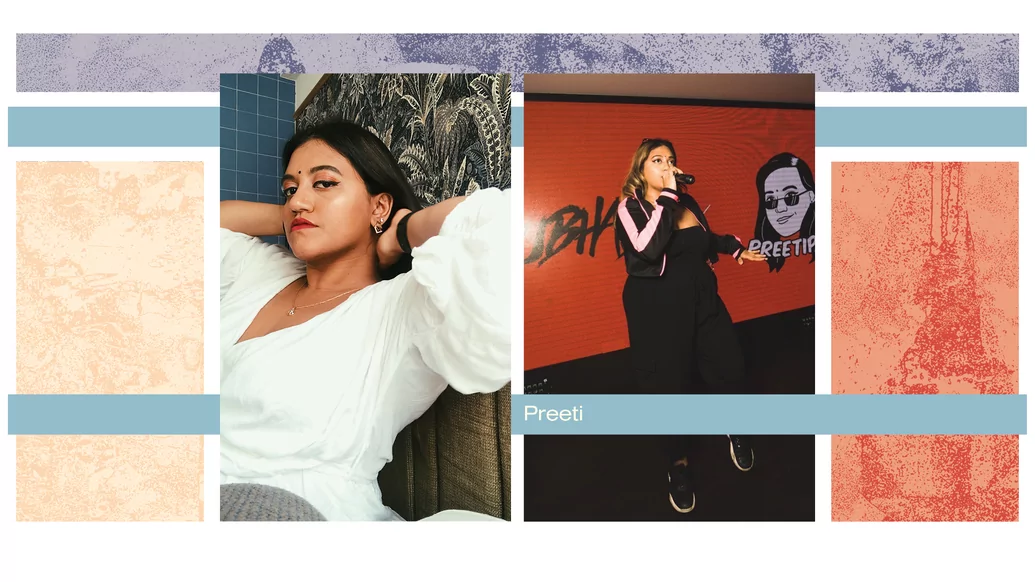
Starting as a YouTube personality, Singapore-based Preeti Pls has recently started rapping. Almost immediately, she came under fire when she released a song admonishing the use of brownface used in an ePay advertisement: Chinese-Singaporean actor Dennis Chew dressed up as four different characters in the commercial, including an Indian man named K.Muthusamy.
Initially, in a country that is 76% Chinese, this seemingly wasn’t deemed problematic. When Preeti saw the lack of public reaction, she was incensed. Though the company apologised afterwards, Preeti spoke with VICE after the commercial aired, citing racism as a personal and creative concern. “It’s been a lifetime of shitty apologies from people who have painted their face brown,” she said. “It’s been so exhausting. I wasn’t going to let another shitty corporate apology go.”
Along with her brother, Subhas, Preeti Pls remixed Iggy Azalea’s ‘Fuck It Up’. The song quickly went viral: discussed by celebrities, politicians, and the police; on websites, in TV interviews, and on social media. In turn, the Singapore government’s Infocomm Media Development Authority gave Preeti three hours to delete every trace of the video online before detaining her at a police station. Her laptop, phones, and hard drives were confiscated. Eventually, Subhas and Preeti were given a two-year conditional warning, after finding themselves in the middle of a firestorm of publicity.
Through all of this, Preeti's talent as a rapper shone. The controversy put her talent into the spotlight, moving the image of her away from satire towards a more serious sound. Right now, she’s working on her production skills and is determined to take her music outside Singapore. “I think it's important to have rap from South-East Asia that actually represents our experience and is authentic to who we are,” she tells us. “We have stories to tell.”
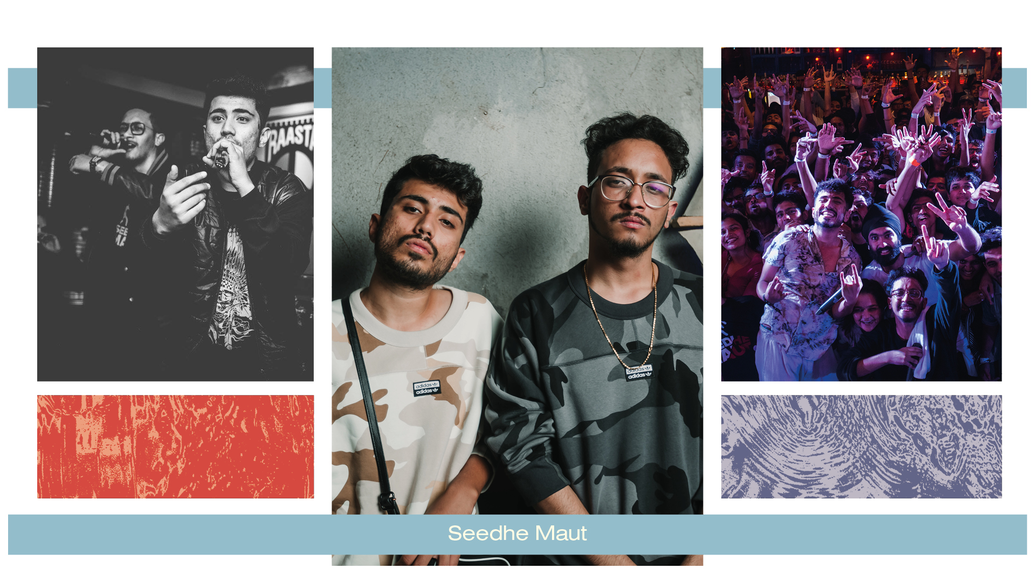

Alongside Prabh Deep, there are a host of Indian rappers who demand attention: mainstream success stories like Naezy and Divine, newer artists like Park Circus and Meba Ofilia; even underground figures like Ahmer, whose raw music brutally condenses his life story of growing up in Kashmir, along with the millions struggling in the state. But, it’s Prabh’s label mates and friends, Seedhe Maut, who are surprising Indian audiences.
Seedhe Maut are Encore and Calm, a duo with a crossover appeal that’s lacking in current Indian rap music. With their razor-sharp bi-lingual lyrics, they’re politically engaged but also create club bangers. Their singles can be heard blasting out of taxis and auto-rickshaws, and across radio stations in India.
With their Hindi-heavy raps that blend English pop culture references, they’re palatable for a wide audience but attract more socially-conscious fans with their lyricism. It’s as if they’re cat-fishing their listeners, making them hard to box in. Their debut album, ‘Bayaan’, deals with tragedy, political activism, and the lack of support the government gives it citizens. More recently, they’ve released songs like ‘Scalp Dem’, in support of the protests currently taking place across India.
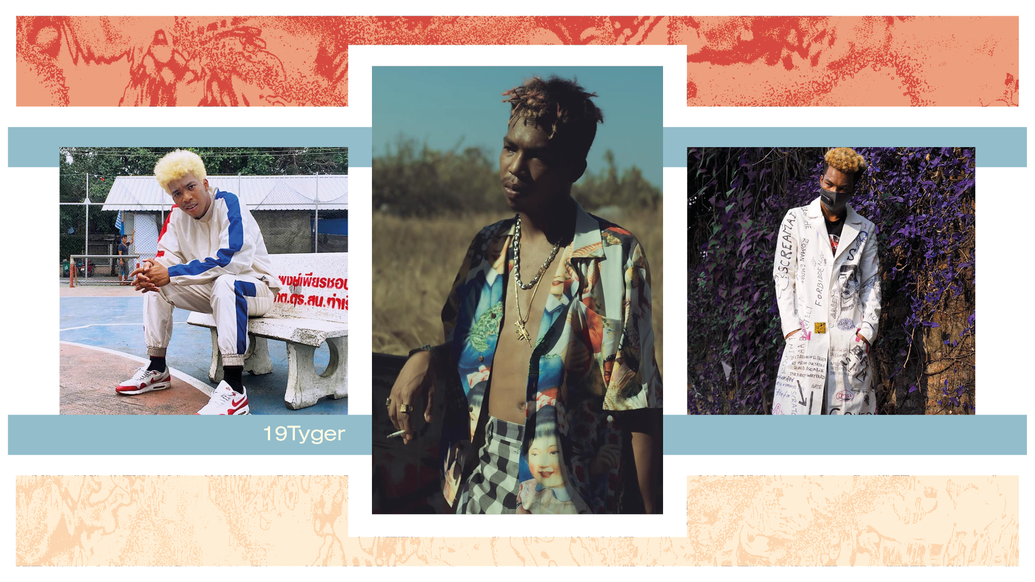
Bangkok’s most notorious neighbourhood, Klong Toey, is a densely populated place. It’s traditionally low-income, home to an estimated 80,000 people living in illegal and semi-legal settlements, including 19Tyger, arguably Thailand’s most talented rapper.
Kasidech Sangjan was named after Tiger Woods because his family saw them as having something in common: they were both born to Thai mothers and African-American fathers. It’s where the 19-year old also took on his rap pseudonym. His parents absconded when he was five years old — details of which are hazy — and he’s lived in Klong Toey ever since, drawing inspiration from his surroundings.
On his bass-heavy debut single, ‘Klong Toey’, 19Tyger raps over snappy, fast-paced triplet hi-hats, in a flow where syllables fall like dominoes. It’s the lyrics that stand out, though. Rapping about community spirit, he defies outsiders who criticise his neighbourhood, and confront the racism he faces from insiders. He draws on this for his visuals, which feel like intimate tours of his home and troubles.
For his popular song ‘Slum Light’ — the light of the slums, the light of Klong Toey — the music video is populated with locals, shot through with realism. 19Tyger has also become a mentor to other, local rappers, like rising star Eleven Fingers, while teaching school children how to make a career in the music industry.
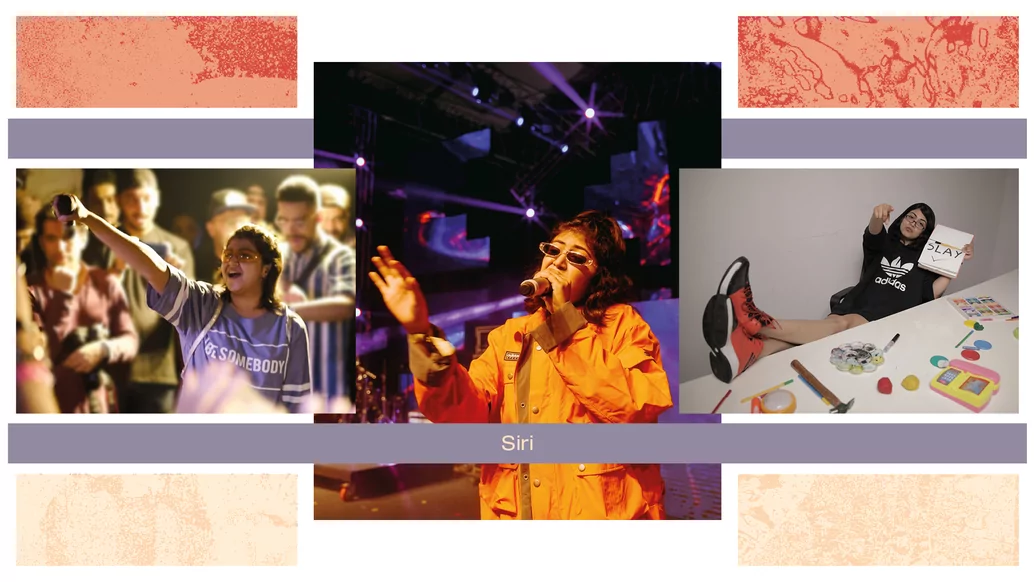

India’s music industry is male-dominated and often accused of being sexist. Breaking through as a female act is a feat in and of itself, which makes Bengaluru-based Siri’s rise such a thrill. Since appearing on the scene two years ago, she’s turned heads as a rapper, graphic designer, and video director. Her first single, ‘Live It’, sees her flow between languages — Kannada, English, and Hindi — speaking about female empowerment, living for yourself, and not being afraid to take risks.
After the self-funded and self-directed video for ‘Live It’ blew up online, Siri has played shows across India and has appeared on numerous festival line-ups, been cast in TV advertisements, and collaborated with the biggest rappers in the Indian industry. Her latest single, ‘Gold’, flips between Kannada and English, with more of the tongue-in-cheek rhymes that she’s becoming known for.
Though she hasn’t released a full-length project yet, she apparently has a 5-track EP with India’s most in-demand producer, Sez on The Beat, ready to go, which is sure to elevate her underground status.

Not much is known about Hullera. The Malaysian rapper has only a handful of songs to her name, releasing them as and when they’re ready, but each track racks up hundreds of thousands of views within weeks. She was guided to the spotlight by Ramengvrl on ‘bad minah’, a song from Ramengvrl’s ‘no bethany’ mixtape. On it, Hullera manages to exude what many of her fans are drawn to her for: a confident, stylish delivery.
Rapping mostly in Malay with sprinkles of English, Hullera has an ear for beats that complement her flow. Her hooks are varied but appealing, but her verses are verbal onslaughts: on ‘Panadol Freestyle’, over a beat that emulates Drake’s sound, she spits rapid-fire rhymes. Her first single, 2019’s ‘Biarkan’, has already hit one million views on YouTube, and it feels like she’s quickly climbing up to the space that Ramengvrl currently occupies.

